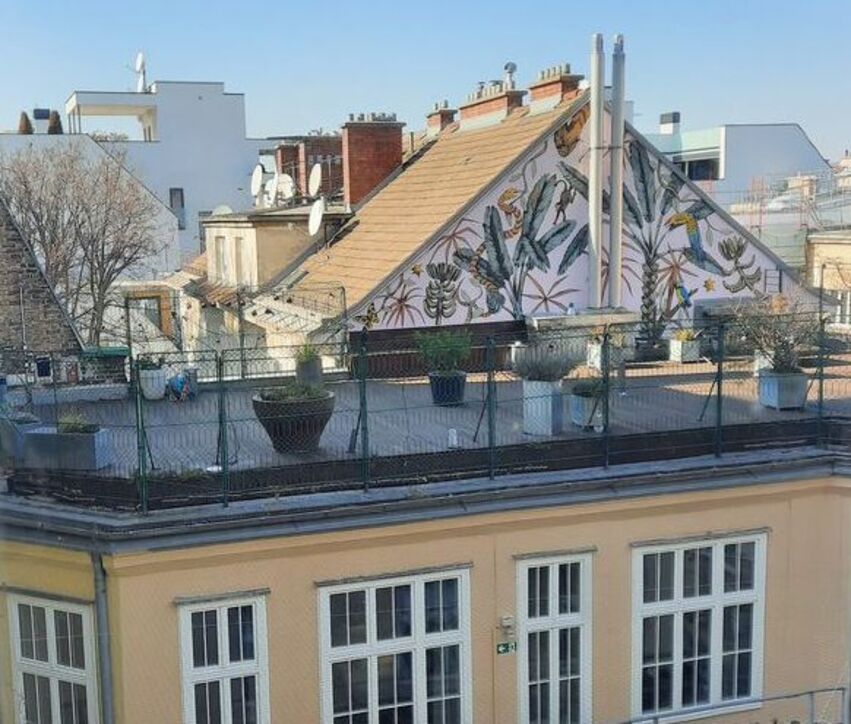The 2024 European Event Series of natureplus with natureplus Germany, Agrodome (NL), ASBP (UK), IBO (AT), Baubioswiss (CH) is about retrofitting and how natural materials are fitting into retrofitting measures in the building sector. The webinar held in Austria was about natural insulation materials and their properties measured and calculated and the difference between the results based.
Well established in calculations for building physics are materials such as mineral wool, fossile based foams as Polyurethan and Expanded Styrol. Also known in Austrian norms are cellulose insulation and wood fibres. More exotic materials seem to be sheep wool, other plant fibres (meaning hemp, flax, straw).
In normative specifications these materials need an additional security buffer, called moisture surcharge. This is because of the assumption that the thermal conductivity of natural materials when getting wet is getting much higher than in the case of fossile based foams. But is this moisture surcharge really realistic? Florian Teichmann from the renowned Technical University in Vienna was involved in research projects addressing the uncertainties in the use of renewable or recyclable building materials and showed us some results.
Shortly: natural fibres in Austria are higher and therefore worse rated than in Germany where there is a conversion factor of 5 % percent, while in Austria 20 % is added. With proven values it is possible to avoid this conversion factor which leads to results that are distorting the advantages of natural fibres. But as these measurements are costly not all especially small companies can afford them. The measurements in some research projects such as nature built showed, that natural fibres are more forgivingly when built in with mistakes and that they are not loosing their good thermal conductivity values after being dried. when getting wet.
The naturebuilt project also shows confirmed constructions https://www.ibo.at/en/research/reference-projects/data/naturebuilt
Thanks to Projektass. Dipl.-Ing. Dr.techn. Florian Teichmann for his insights: https://www.tuwien.at/cee/mbb/obt
The natureplus eventseries is part of Umbauwende, supported by the german federal ministry for the environement and the german federal Environment agency in cooperation with the Bundesverband Proholz Fenster. Thanks also to the sponsors of the event Isolena and Berg&Berg.

